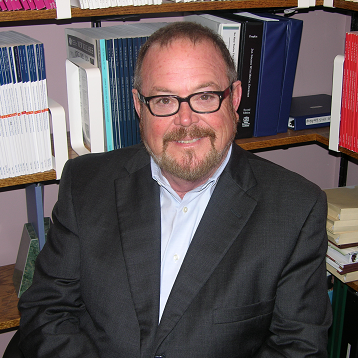Low Cognitive Disorders and Mental Illness
for professionals in psychology, behavioral health, social work, and criminal justice
Presented by Dr. Bill Reay
Videos
The videos below include Part 1, Part 2, Part 3, and Part 4 of Dr. Bill Reay’s training on Low Cognitive Disorders and Mental Illness.
Part 1:
Welcome and Introductions
(Dr. Bill Reay)
Part 2:
Promising Practices and Practices
to Avoid
(Dr. Bill Reay)
Part 3:
Prevalence of Co-Occurring
Intellectual/Developmental Disabilities
and Mental Health Disorders
(Dr. Bill Reay)
Part 4:
The Importance of Using Data
(Dr. Bill Reay)
Description:
This day-long presentation will provide the participants with
information, case conceptualizations, and workable clinical
applications associated with treating multi-comorbid individuals
with both intellectual disabilities and serious mental illness.
Date Presented: Fri., Apr. 9, 2021, 9:00am – 4:00pm CDT
Date Training Expires: April 9, 2023
Objectives:
- Identify common behavioral management practices for intellectual disabilities and serious mental illness
- Conduct a basic Functional Behavioral Assessment (FBA).
- Analyze the difference between harmful treatment strategies
and evidence-informed strategies for the population of interest. - Explain the differences between multi-comorbid treatment methods and those methods that are used with non-comorbid populations.
Date Presented: Fri., Apr. 9, 2021, 9:00am – 4:00pm CDT
Date Training Expires: April 9, 2023
Supporting Material
About the Speaker

Dr. Bill Reay
These trainings were funded in whole or in part by funds from the SAMHSA Community Mental Health Block Grant, SAMHSA Substance Abuse Prevention and Treatment Block Grant and state funds sub-granted from the Nebraska Department of Health and Services, Division of Behavioral Health.



